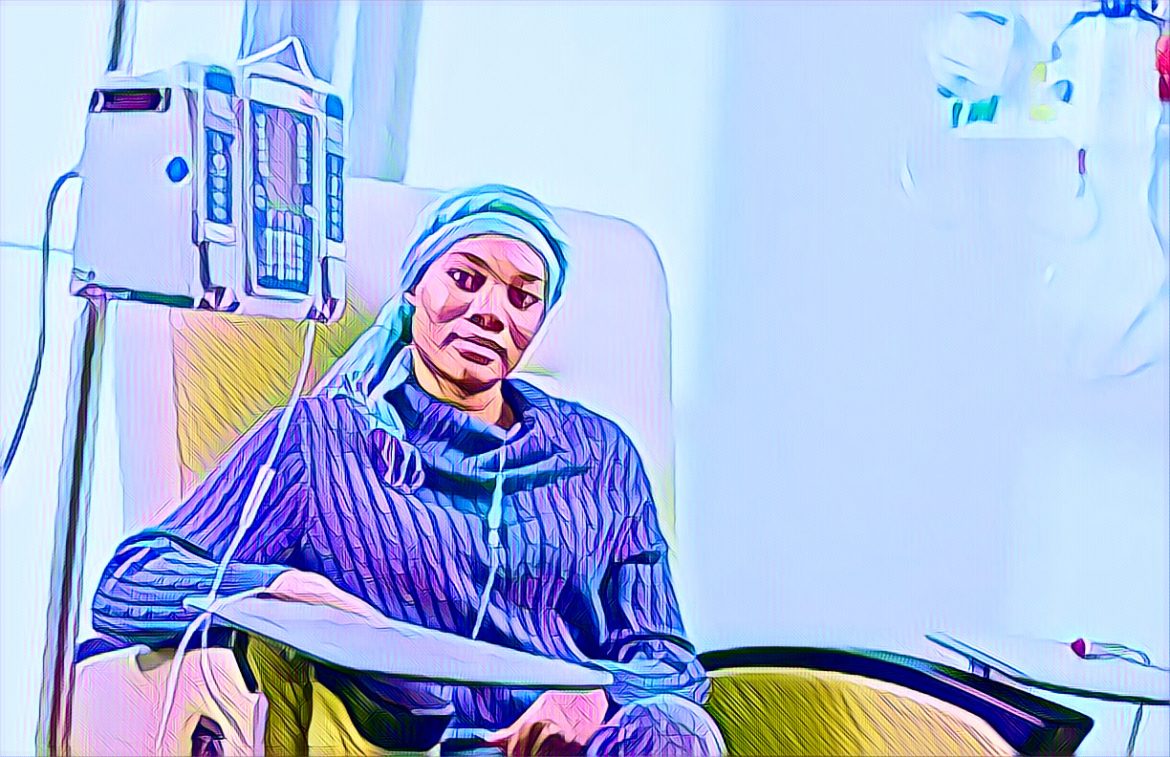Zimbabwe’s healthcare system is facing a critical shortage of cancer treatment facilities, affecting thousands of patients across the nation. Hopewell Chin’ono, a prominent Zimbabwean journalist, has highlighted the severity of the situation, noting the lack of functional radiotherapy machines.
“Zimbabwe does not have a single working radiotherapy cancer treatment machine. If you develop cancer, it’s a death sentence, and you will likely not survive,” Chin’ono stated. This grim reality highlights the alarming lack of cancer care in Zimbabwe, where treatment options are limited and often unavailable.
Last year, the Zimbabwean government claimed to have acquired new, advanced radiotherapy machines. However, Jasper Chimedza, the Permanent Secretary in the Ministry of Health, revealed that the country had only one functional machine available for all cancer patients.
The consequences of this shortage are tragic. Many Zimbabweans, like Lydia, discover their cancer at an advanced stage, leaving them with little hope and facing painful ends. The majority cannot afford private care and often die without any treatment. For example, 22-year-old Tangai Chaurura, who suffers from liver cancer at stage four, is now relegated to home-based care, with his brother Mevion acknowledging the inevitability of his condition. “We are just waiting for his final day,” Mevion said.
Despite these grim realities, the Cancer Association of Zimbabwe insists that cancer should not be seen as a death sentence. Lovemore Makurirofa, the association’s officer, emphasizes that there are numerous myths surrounding cancer. “At the Cancer Association of Zimbabwe, we know that having cancer is not automatically a death sentence,” he stated.
However, the increasing number of cancer cases each year highlights the ongoing challenges in public health. Many cases go unnoticed, overshadowed by the lack of proper diagnostic and treatment facilities.
In order to tackle this crisis, the World Health Organization has launched initiatives in various African countries, such as Zimbabwe, to enhance access to cancer screening and treatment services. Dr. Matshidiso Moeti, WHO Regional Director for Africa, emphasized the significance of early detection. ‘Early detection plays a crucial role in improving treatment outcomes,’ she highlighted.
Despite these efforts, the scarcity of oncologists is another significant hurdle. The 2018 Global Survey of Clinical Oncology Workforce revealed that a single oncologist in many African countries, including Zimbabwe, could be responsible for up to 1,000 patients, far exceeding the recommended maximum.
Zimbabwean cancer activists abroad, like Bakie Padzaronda, argue for more affordable cancer care. “Medication and treatment must not be as punitive as they are today. It needs to be affordable, and we expect the government to look into this seriously,” Padzaronda urged.
As the situation deteriorates, cancer experts, such as Michelle Madzudzo, point to aging populations, urbanization, and lifestyle changes as contributing factors to the increasing cancer rates. “Cancer mortality rates are high due to late detection and diagnosis,” explained Madzudzo.
Zimbabwe is facing a growing cancer crisis that requires urgent government action and international support to ensure all citizens have access to adequate treatment, turning a bleak outlook into a fight for survival.
Source: New Zimbabwe


